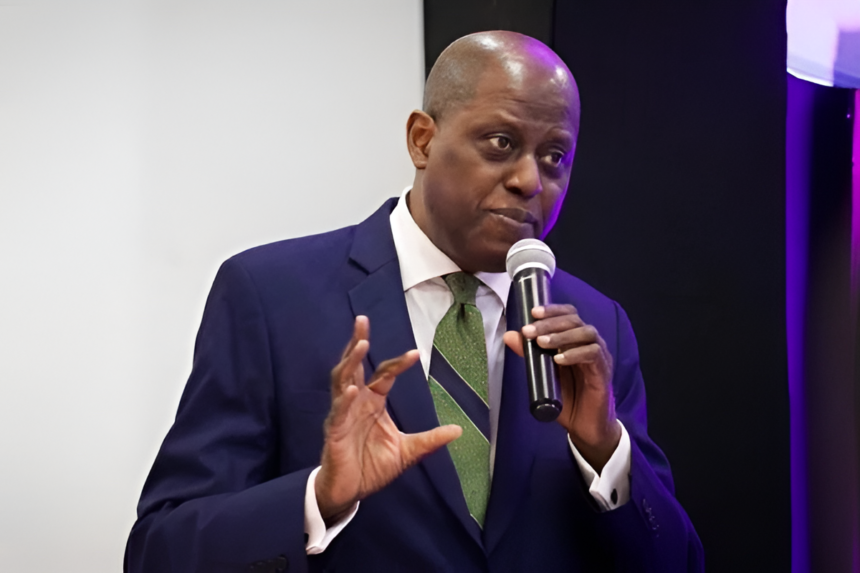CBN Vows to Uphold Order in Forex Market Amid Naira Decline
The Central Bank of Nigeria (CBN) Governor, Olayemi Cardoso, has reiterated the bank’s commitment to maintaining order in the nation’s foreign exchange market by cracking down on dishonest players who threaten the stability of the naira.
Recent research has shown a slight decrease in the value of the naira, closing at N1,532.39/$ on the official foreign currency market, down from N1,531.19/$ the previous day.
Despite this minor volatility, the 0.08 per cent decrease indicates relative stability, with the market experiencing fluctuations within a narrow range as demand-supply dynamics evolve.
Notably, the Bureau De Change segment maintained a constant exchange rate of N1,570/$, suggesting steady demand for actual dollars in the black market despite increased monitoring and intervention by the CBN.
Cardoso’s statement during the February 2025 Monetary Policy Committee meeting highlighted the CBN’s efforts to align the FX market with market fundamentals and protect it from actions that undermine investor confidence and price stability.
Cardoso attributed the relative appreciation of the naira and increased liquidity in the forex market to measures such as the Nigeria Foreign Exchange Code and the Electronic Foreign Exchange Matching System (B-Match), which aim to promote ethical conduct and enhance transparency.
He noted a resurgence in confidence among international investors, driven by export earnings, remittances, and foreign direct investment, leading to decreased speculative pressures and a shift towards the official FX window.
While the MPC kept the Monetary Policy Rate at 27.50 per cent, Cardoso emphasized the impact of FX reforms and tighter monetary conditions in gradually reducing inflationary pressures, especially after the Consumer Price Index rebase by the National Bureau of Statistics.
Despite progress, Cardoso stressed the need for continued vigilance and regulatory oversight to prevent market malpractice and ensure stability, which is crucial for economic recovery amidst ongoing structural adjustments.
He underscored the importance of coordinating monetary and fiscal policies, implementing institutional reforms, and maintaining strong macroeconomic indicators like a positive current account balance, increased oil production, and robust external reserves to safeguard liquidity and support the naira.
Addressing the challenges ahead, Cardoso reiterated the necessity of a coordinated approach to build a more resilient financial system and sustain economic growth in Nigeria.








